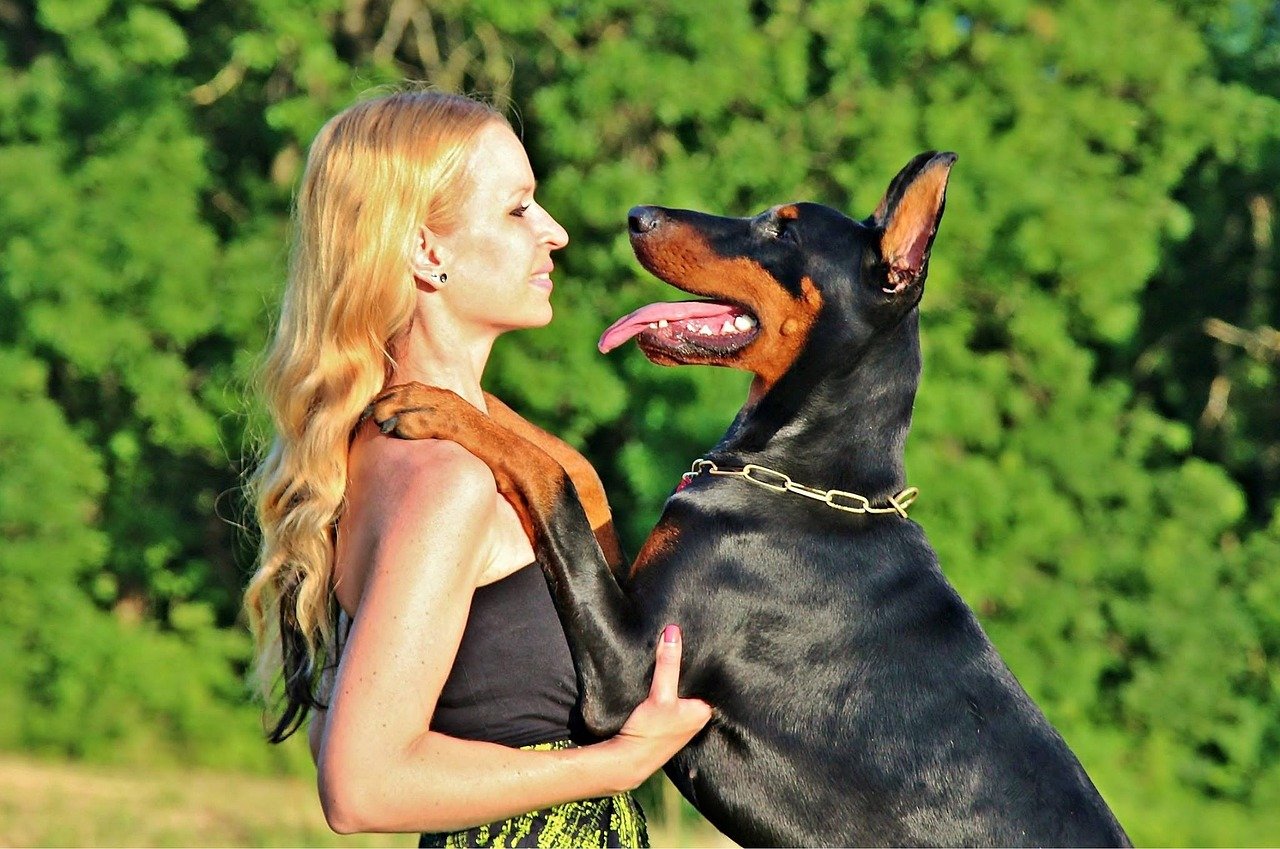Imagine bringing home a sleek, powerful companion that will steal your heart with their unwavering loyalty while demanding everything you have to give in return. That’s the reality of Doberman ownership – equal parts rewarding and challenging. These magnificent dogs aren’t just pets; they’re partners who need owners as committed as they are devoted. Before you fall completely for those alert amber eyes and that elegant silhouette, you need to understand what you’re signing up for.
The truth is, Dobermans are exceptional dogs that deserve exceptional care. They’re not for everyone, but for the right owner, they become the most incredible four-legged family member you could imagine. Let me walk you through the eight crucial factors that will determine whether you and your Doberman thrive together.
Understanding Their Exercise Requirements Is Non-Negotiable
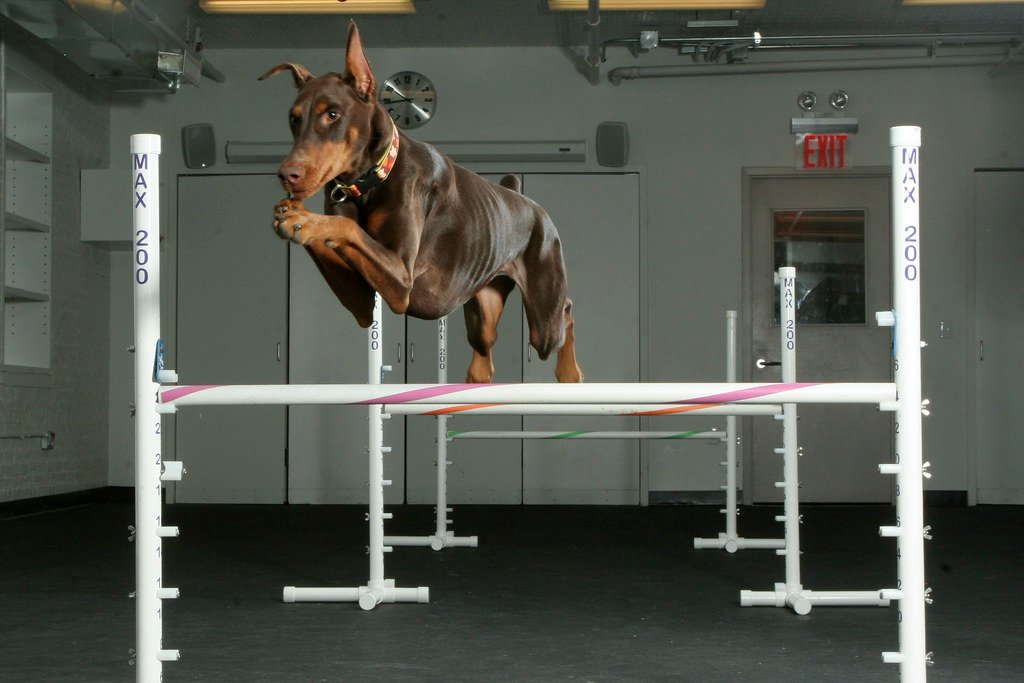
Let’s get one thing straight – Dobermans typically need 1 to 2 hours of exercise every single day. This isn’t a suggestion; it’s a requirement for their mental and physical well-being. Think of it like this: you wouldn’t expect a marathon runner to be happy sitting on a couch all day, and the same goes for your Doberman.
But here’s what many new owners don’t realize – mental stimulation is just as important as physical exercise for this breed. Your dog needs puzzle toys, training sessions, and activities that challenge their incredibly sharp mind. Without proper exercise and engagement, Dobermans will create their own entertainment, which often includes destructive behaviors like excessive barking, furniture chewing, and overreacting to daily sounds.
Puppy Exercise Requires Special Attention
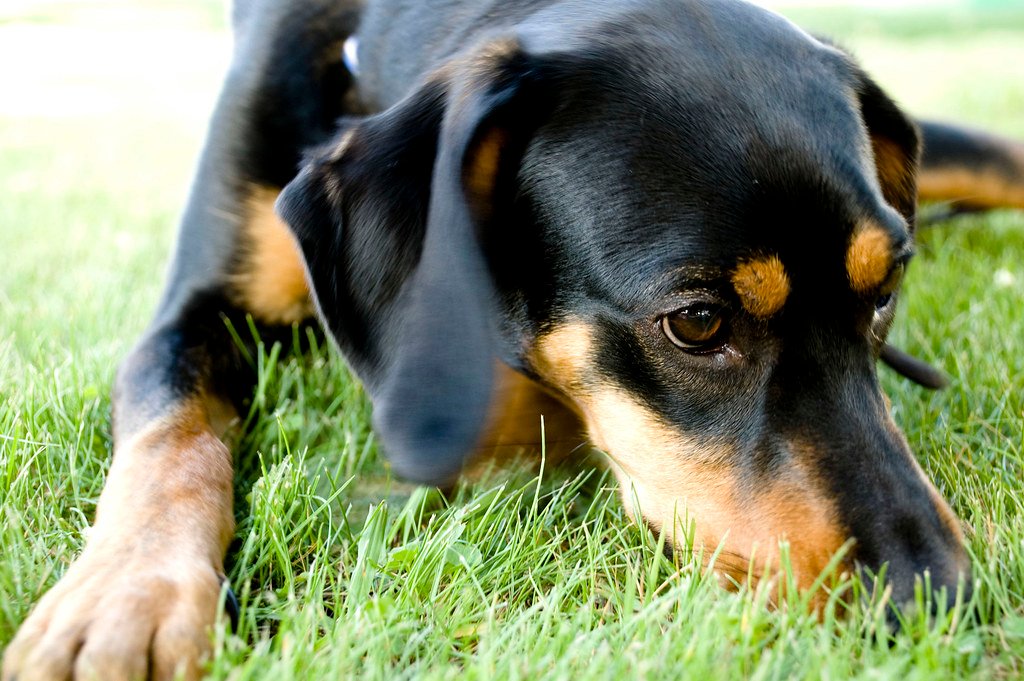
If you’re bringing home a Doberman puppy, pump the brakes on those long hiking dreams for now. Doberman puppies are still growing, which means their bones and joints haven’t fully developed, and over-exercising can cause serious damage. A general guideline for puppies is about 5 minutes of exercise per month of age, up to twice daily.
Their developing growth plates mean you should avoid high-impact exercise and stick to shorter play sessions, gentle walks, and supervised play in secure areas. Dobermans can reach full adult exercise levels around 18 months of age, so patience during puppyhood pays off with a healthier adult dog.
Heart Health Monitoring Is Critical
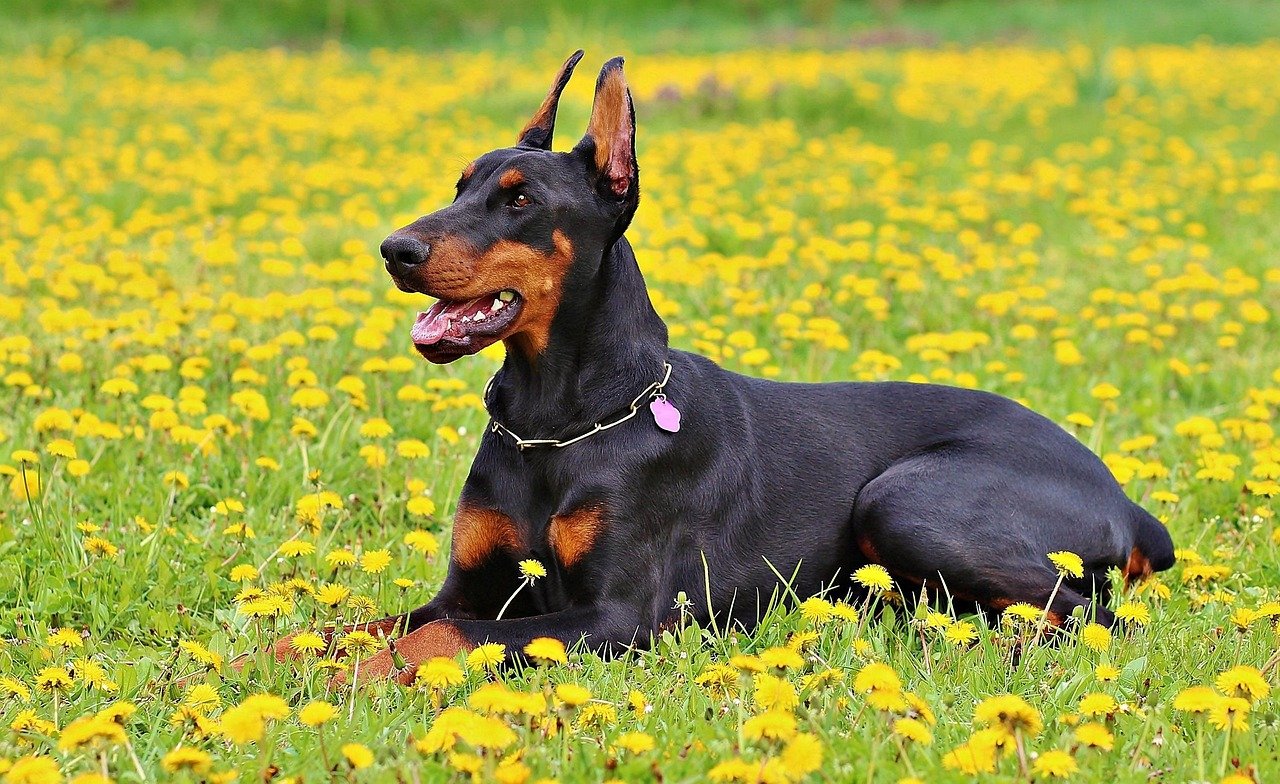
Here’s something that might surprise you – the overall prevalence of dilated cardiomyopathy in European Dobermans is greater than 50%. This isn’t meant to scare you, but rather to emphasize how crucial regular heart monitoring becomes. DCM is an inherited, irreversible heart muscle disorder that affects Dobermans more than any other breed and can cause sudden death.
The scary part? About one-third of dogs with DCM show no prior signs until they die suddenly. That’s why screening should start at three years of age using both Holter monitoring and echocardiography, with yearly screening recommended throughout their life. Think of it as an investment in precious time with your companion.
Early Socialization Shapes Their Entire Life
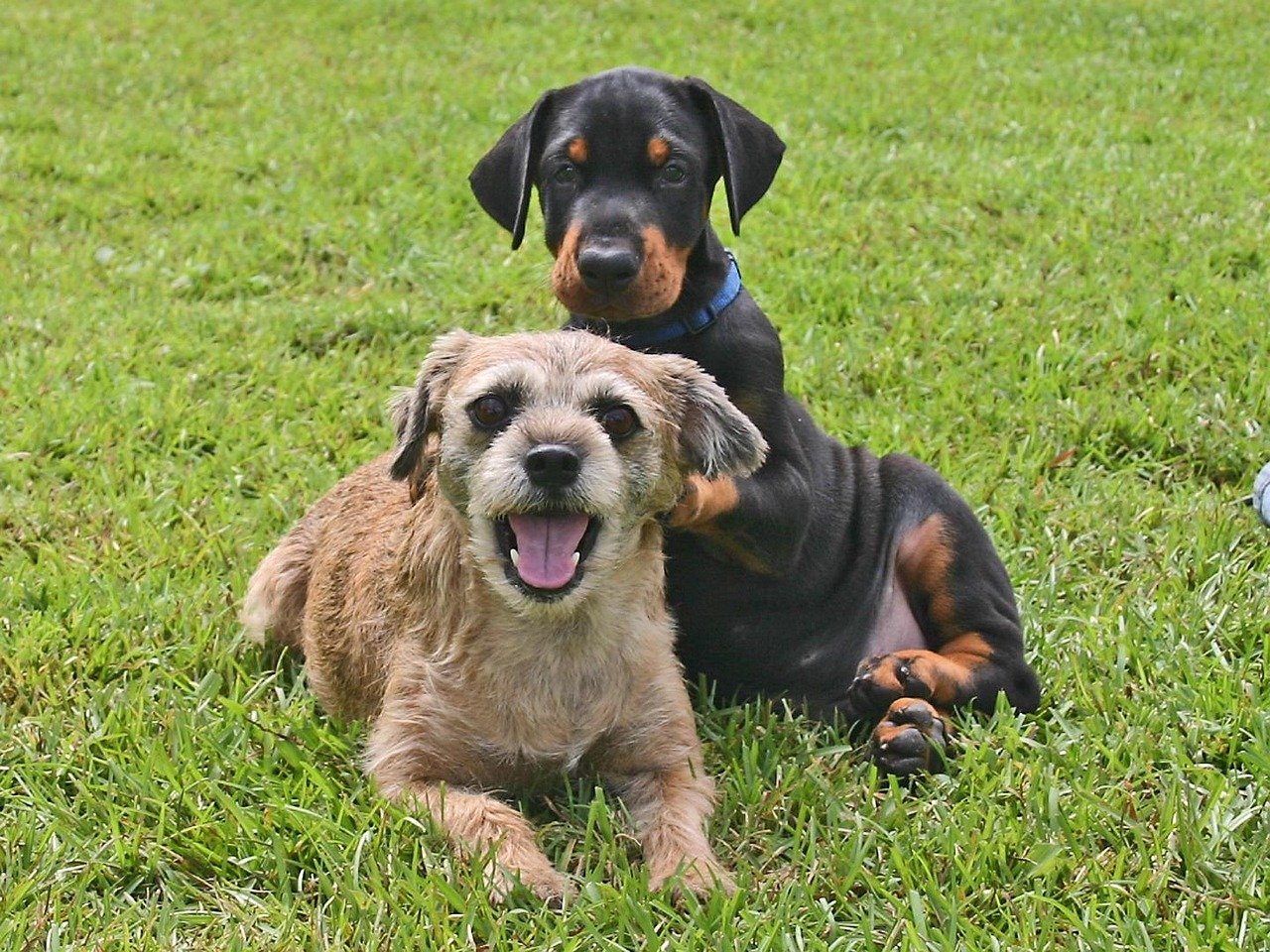
Smart socialization should be at the top of every new Doberman owner’s priority list, involving exposure to many good experiences appropriate for their age while avoiding bad experiences. Remember, one bad experience can negate a hundred good ones for these sensitive, intelligent dogs.
Introducing Doberman puppies to various people of different ages, appearances, and behaviors, different environments, and other animals within the first several months is indispensable for cushioning emotional responses to novelty and reducing wariness of strangers. The window for optimal socialization is narrow but incredibly important. Poor socialization, lack of training, or fear often leads to aggression – it’s not a default trait, and a well-raised Doberman is confident, calm, and incredibly loving.
Training Must Be Consistent and Confident
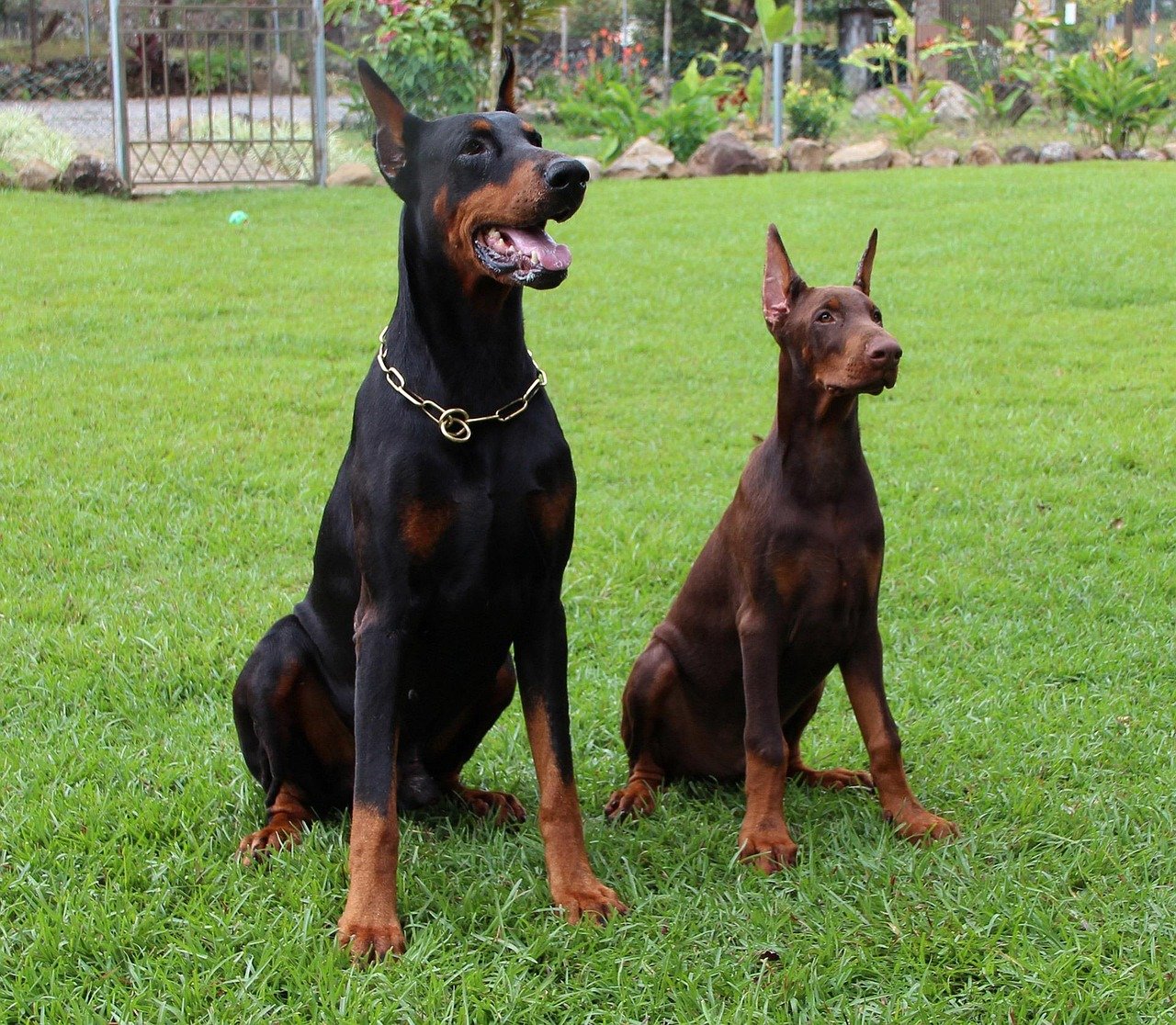
Dobermans are highly intelligent and eager to please, making them generally easy to train as quick learners who respond well to positive reinforcement techniques like rewards, praise, and treats. However, intelligence can be a double-edged sword – smart dogs get bored easily and will find their own “jobs” if you don’t provide direction.
It’s crucial to be confident and consistent during training sessions. These dogs can sense uncertainty and will push boundaries if they detect weakness in leadership. Dobermans are very in-tune with human emotions and have a natural desire to please their owners, which works heavily in your favor during training. Think of yourself as their trusted guide rather than their boss.
They’re Velcro Dogs Who Need Companionship

Get ready for a shadow – Dobermans are nicknamed “velcro dogs” for a reason! Without sufficient companionship and interaction, many Dobermans develop separation anxiety, which may manifest as destructive behaviors like chewing or excessive barking. This isn’t just neediness; it’s their nature as deeply bonded, family-oriented dogs.
Dobermans are known for their strong loyalty and affection toward family members, often described as loving, protective, and devoted dogs who form strong bonds with their owners and thrive on human companionship. If you work long hours or travel frequently without your dog, this breed might not be the right fit for your lifestyle.
Nutrition Needs Change Throughout Their Life
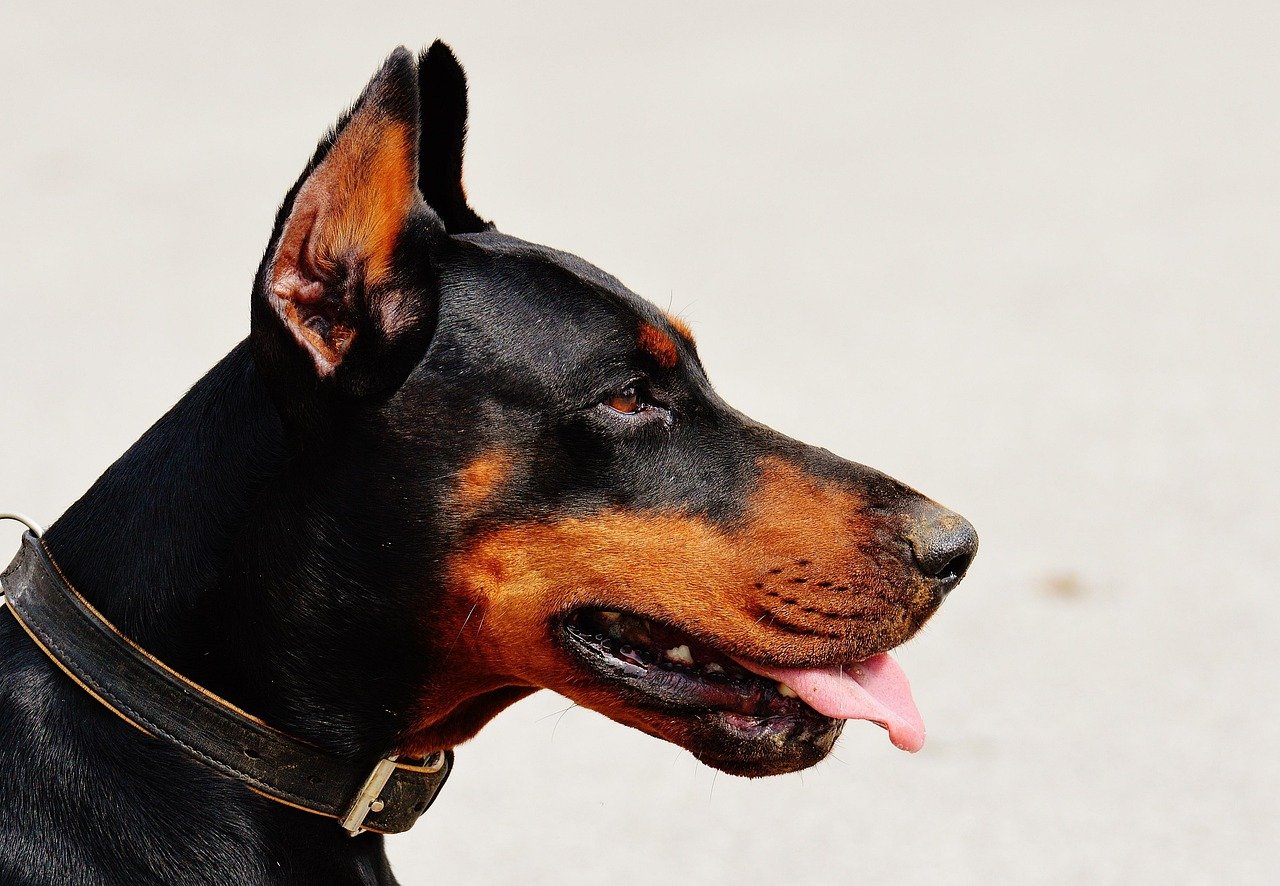
Feeding a balanced and nutritious diet is important for overall health, with high-quality large breed commercial dog food appropriate for their age, size, and activity level being recommended. Most Dobermans do well being fed twice daily, but the specifics depend on their life stage and activity level.
As your Doberman ages, their needs shift significantly. Senior Dobermans may require a diet with fewer calories and adjusted nutrients to support their changing metabolism and joint health, with senior food that includes supplements like glucosamine and chondroitin for joint support. Monitor their weight to prevent obesity, which can exacerbate joint problems and other health issues.
Genetic Health Testing Is Your Best Friend
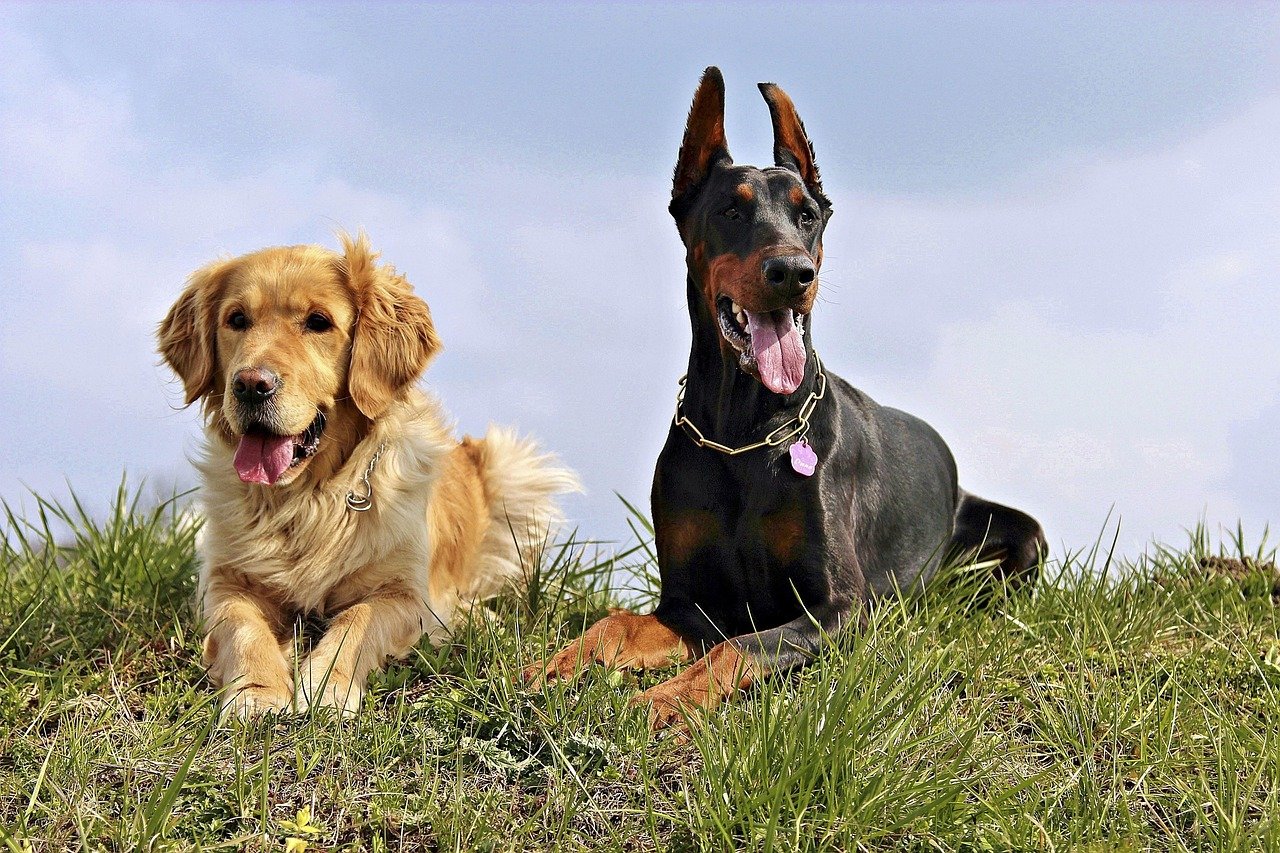
Beyond heart issues, Dobermans face other genetic concerns that responsible owners should understand. About 25% of Dobermans are at risk of abnormal bleeding due to von Willebrand disease, though it’s usually relatively mild in this breed, and a genetic test is available to detect which animals carry the gene.
Two mutations associated with dilated cardiomyopathy in Dobermans have been identified, and testing for these mutations can identify individuals at risk for developing clinical symptoms. While these tests aren’t perfect predictors, they give you valuable information for making informed decisions about your dog’s care and breeding future. Knowledge is power when it comes to your Doberman’s health.
Conclusion
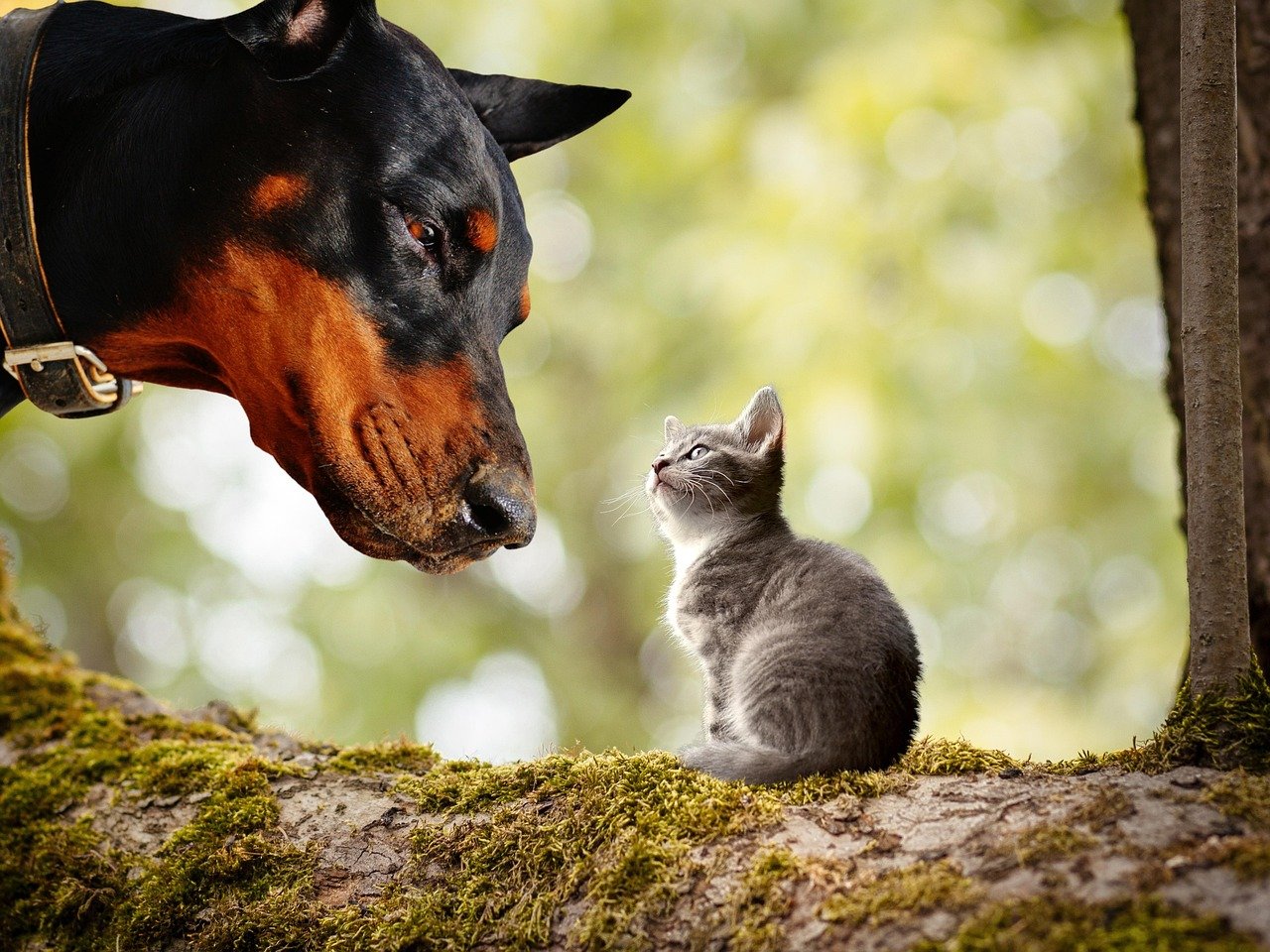
Owning a Doberman isn’t just about having a dog – it’s about welcoming a devoted partner who will give you their entire heart and soul in exchange for your commitment to meeting their significant needs. These eight factors aren’t obstacles; they’re the roadmap to a successful, deeply fulfilling relationship with one of the most remarkable breeds in the world.
The exercise demands, health monitoring, socialization requirements, and emotional needs might seem overwhelming at first glance. But here’s the beautiful truth: when you get it right, when you rise to meet their needs with the same dedication they show you, the bond you’ll forge is unlike anything else. Your Doberman won’t just be your pet – they’ll be your protector, your confidant, and your most loyal friend.
Are you ready to be the kind of owner a Doberman deserves?

